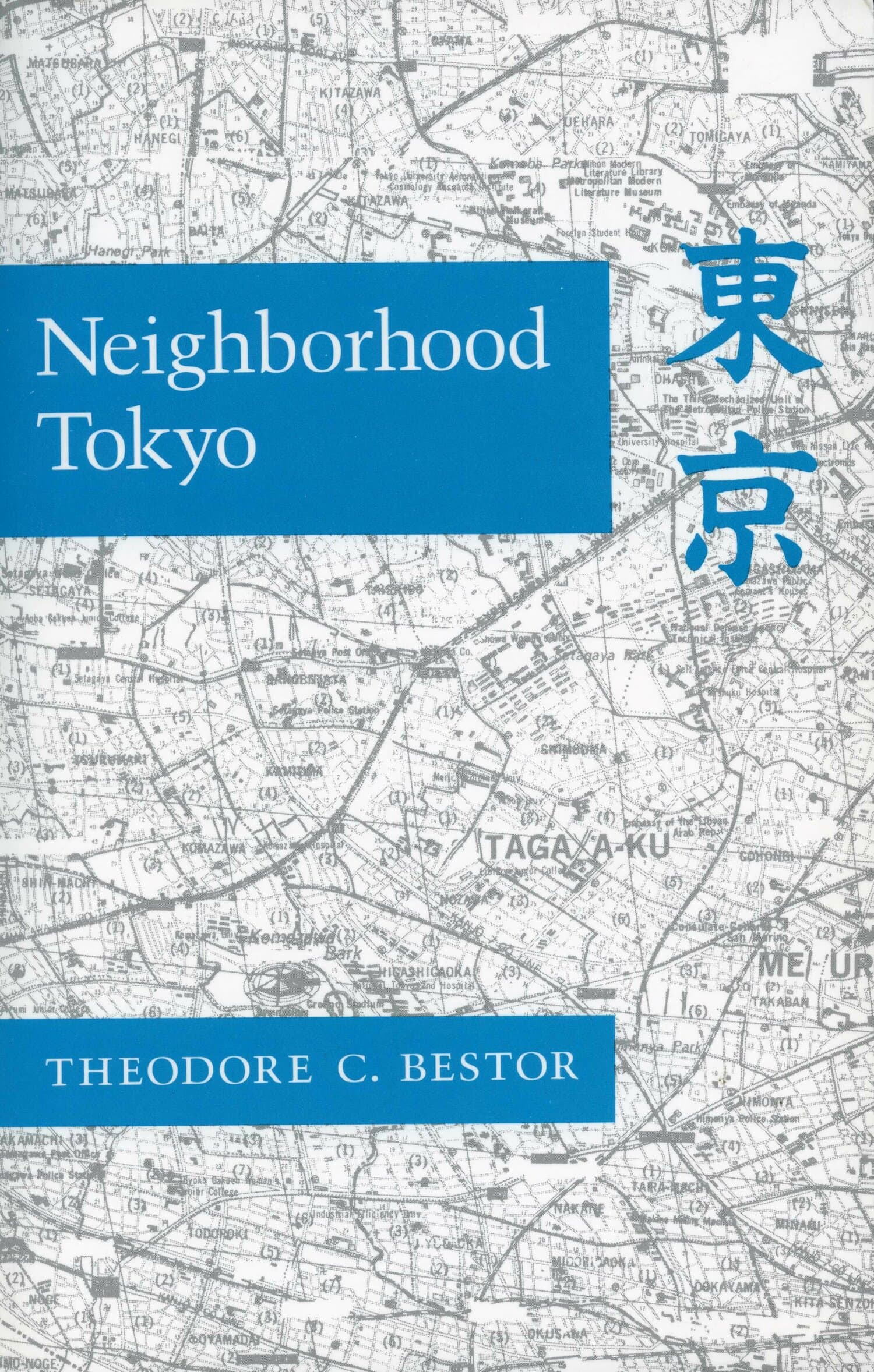Roots of the State

Most social science studies of local organizations tend to focus on "civil society" associations, voluntary associations independent from state control, whereas government-sponsored organizations tend to be theorized in totalitarian terms as "mass organizations" or manifestations of state corporatism. Roots of the State examines neighborhood associations in Beijing and Taipei that occupy a unique space that exists between these concepts.
Benjamin L. Read views the work of the neighborhood associations he studies as a form of "administrative grassroots engagement." States sponsor networks of organizations at the most local of levels, and the networks facilitate governance and policing by building personal relationships with members of society. Association leaders serve as the state's designated liaisons within the neighborhood and perform administrative duties covering a wide range of government programs, from welfare to political surveillance. These partly state-controlled entities also provide a range of services to their constituents.
Neighborhood associations, as institutions initially created to control societies, may underpin a repressive regime such as China's, but they also can evolve to empower societies, as in Taiwan. This book engages broad and much-discussed questions about governance and political participation in both authoritarian and democratic regimes.
"I find this a well-researched and conscientious piece of research. It is rich in its theoretical contributions, marshaling of evidence and its analysis is first-rate. I gladly recommend this book to social scientists interested in how we may meaningfully shift our attention from a conventional theorizing of paternalistic state-society relations (that is, of the 'autonomous' development state) to one focused on a more complex and nuanced analysis of society-state relations (that is, restoring a routine power to the ruled while still acknowledging the power of the state)."—Vincent Chua, Asian Journal of Social Science
"This impressive new study sheds light on an overlooked trend: the emergence of local neighborhood associations as political actors. Not fully extensions of the state, not fully creations of society, these associations highlight the complexity of local politics, as well as their promise."—Bruce Dickson, George Washington University
"Roots of the State offers an intimate glimpse into the life and work of the neighborhood organizations that are the state's first thread of connection to its citizens. The themes and arguments raised here broaden our understanding of authoritarian regimes and reveal how alternative models of governance operate."—Mary Gallagher, University of Michigan




